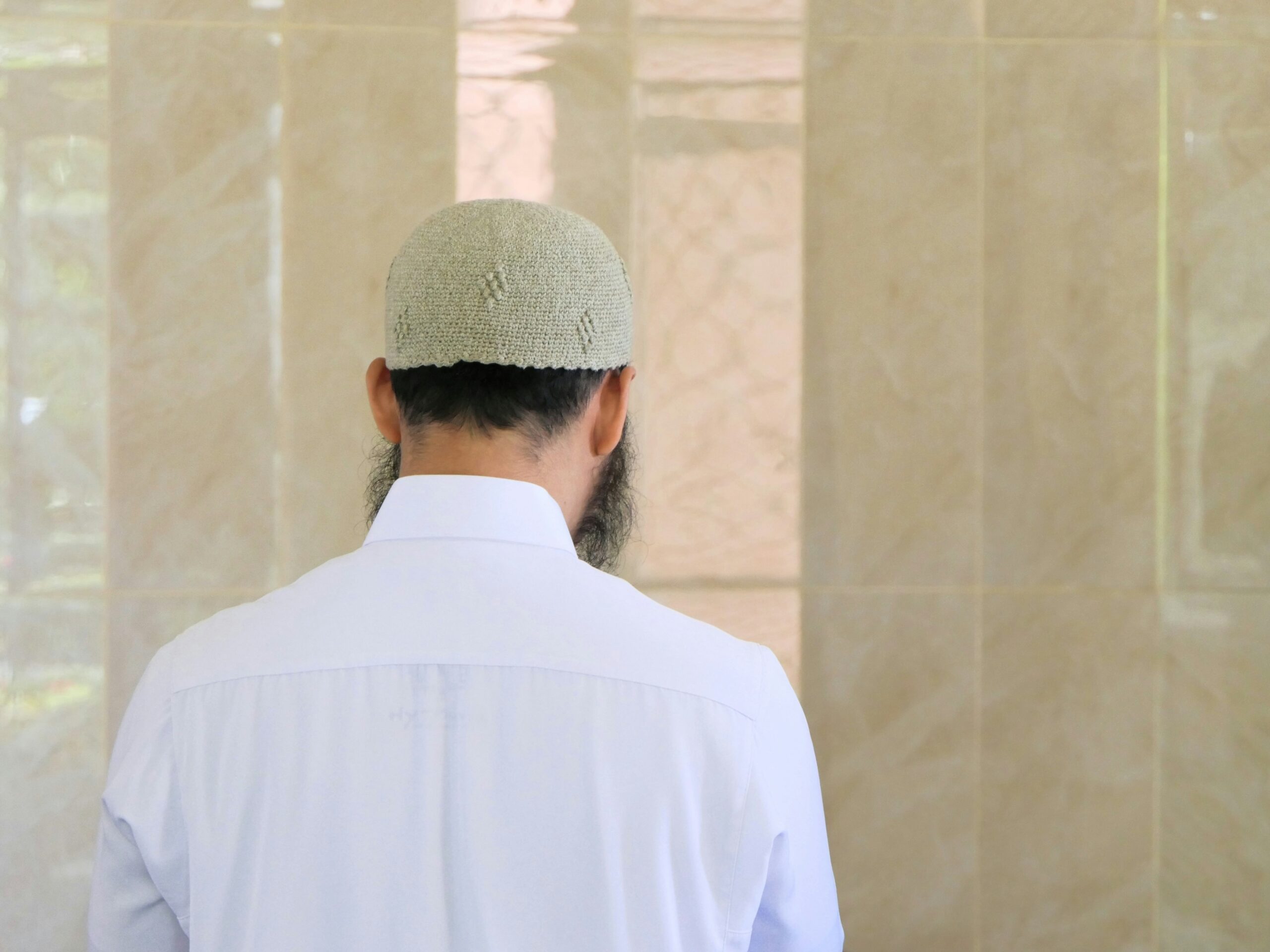The history of the entry of Islam in the Indonesia archipelago theoretically begins with the trade process with the Arabs who came by sea. Since the early centuries AD, there have been shipping and trade routes between islands and regions. In the eastern region, which includes the East Indian archipelago and the South Coast of China, there were already relations with the Arab world through trade.
To spread their merchandise in Indonesia, Arab traders entered through the sea route from Aden along the coast to Maskat, Raisut, Siraf, Guandar, Daibul, Malabar Coast, which includes Gujarat, Keras, Quilon, and Kalicut. After that, Arab traders then combed several other locations such as the Strait of Malacca, Padang, Banten, Cirebon, Demak, Jepara, Gresik, Ampel, Makassar, Ternate, Bone, and Peureulak – one of the Islamic kingdoms in Indonesia that ruled in the East Aceh region, from 840 – 1292 known as the Sultanate of Peureulak. At that time, the most popular item to be traded was bronze necklaces, spread throughout the archipelago.
In addition, spices were also in demand by traders, and Maluku became an attractive location for traders with its nutmeg and cloves. In the process of selling the spices, they were then brought to the islands of Java and Sumatra to be marketed to foreign traders and brought to their home countries. Not stopping at spices, Kapur Barus (camphor) was also a target for traders. From the beginning of the 7th century AD, some ports became stopovers by foreign traders, namely Lamuri (Aceh), Barus, and Palembang. The name Kapur Barus itself is thought to have come from the name of a lime-producing location on the west coast of Sumatra known as Barus.
In conclusion, it is estimated that Islam has entered the archipelago since the early Hijri century. Although at that time, there was no recognition from the indigenous people to embrace Islam, and only foreigners embraced the teachings. Apart from that, there are also differences in viewpoints and evidence regarding the certainty of the origin of the arrival, the place visited, the time, and historical evidence, which causes various theories of the entry of Islam into Indonesia. To this day, Islam is the majority religion in Indonesia, making it the most Islamic country in the world.
